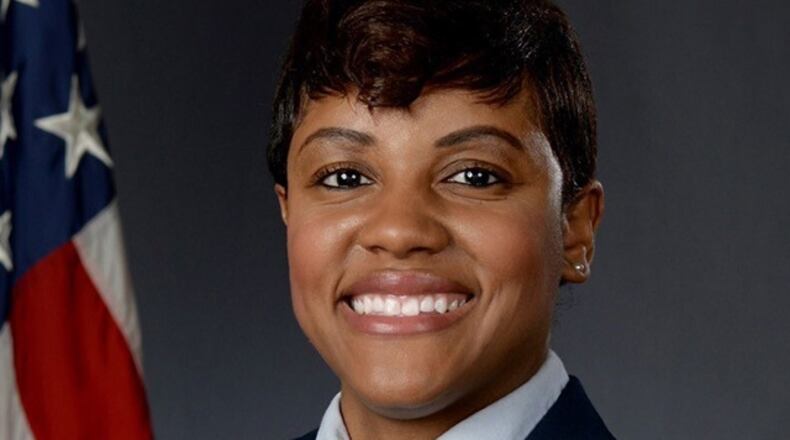As Airmen and Guardians, we must understand how important it is to intervene when necessary, particularly in early stages before a crisis develops. This means first recognizing the warning signs. These signs include sudden changes in sleep, appearance, work performance, mood, attitude and behavior.
Front-line supervisors, family members and co-workers are typically the first people who will notice change due to daily interactions. We must confront and ascertain what caused the change and assist in altering or removing the beliefs that triggered suicidal behaviors, while also providing assistance and referral to appropriate agencies.
If someone indicates their intent and has a plan, seek help immediately and make sure to follow up with the Airman. Remember ACE — ask, care and escort. We must also take a proactive approach to wellness by focusing on risk-factor reduction, while strengthening protective measures most closely linked to the issues.
Risk factors include stress, depression, those with a mental health diagnosis or currently seeking treatment, history of attempts, toxic and hostile work environments, discriminatory or harassing behaviors, financial and legal issues, divorce or breakup, death of a loved one or comrade, and alcohol and drug abuse.
Individual protective or countering factors that may circumvent the likelihood of negative impact are connectedness, cohesion and engagement, self-care; supportive leadership, family and peers; work-life balance, high morale and open communication about the challenges you may be facing.
Self-awareness, self-management, responsible decision-making and social awareness are integral in suicide prevention as it begins with ourselves. Strategically, we must create supportive environments that promote the health and well-being of our Airmen and Guardians and reduce barriers to seeking help, regardless of severity.
Leaders, supervisors and wingmen at all levels are highly encouraged to continue to leverage your master resilience trainers, resilience training assistants and helping agencies such as the chaplain, mental health, violence prevention integrator, military family life consultants, first sergeants, Alcohol and Drug Abuse Treatment program, Family Advocacy, Military OneSource, Airman & Family Readiness Center, Civilian Health Promotion Services, community support coordinators and Employee Assistance Program.
America depends on you to fly, fight and win. Each and every one of you are vital to your family, the Air Force community and success of our mission.
What are you doing to take care of yourselves and others — how are you preventing suicide?
About the Author
